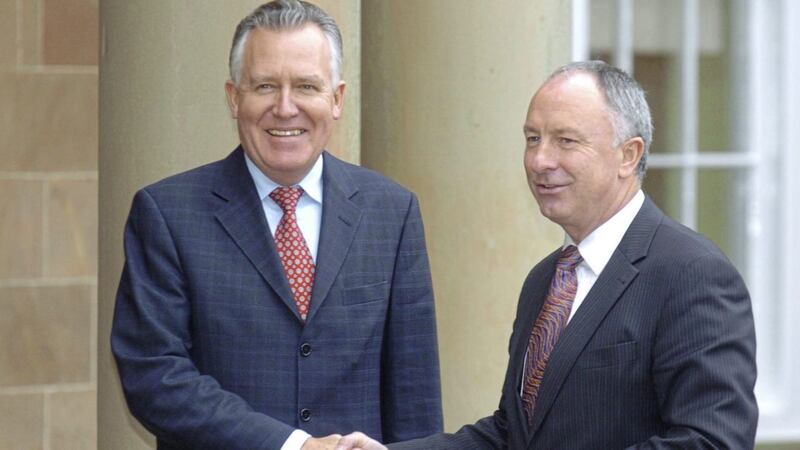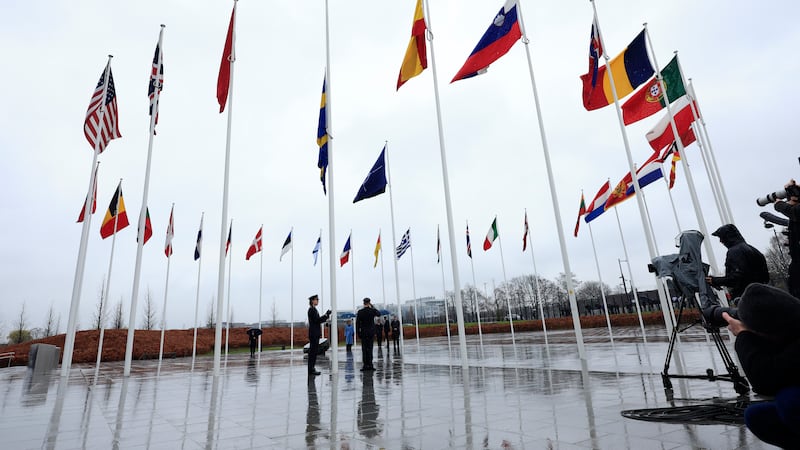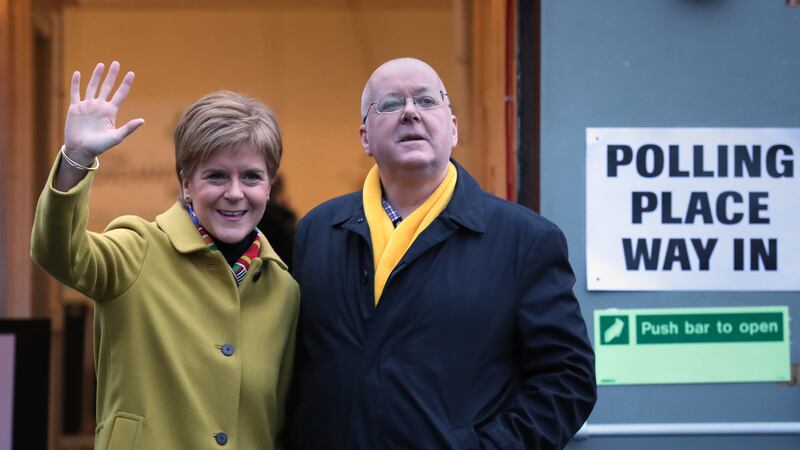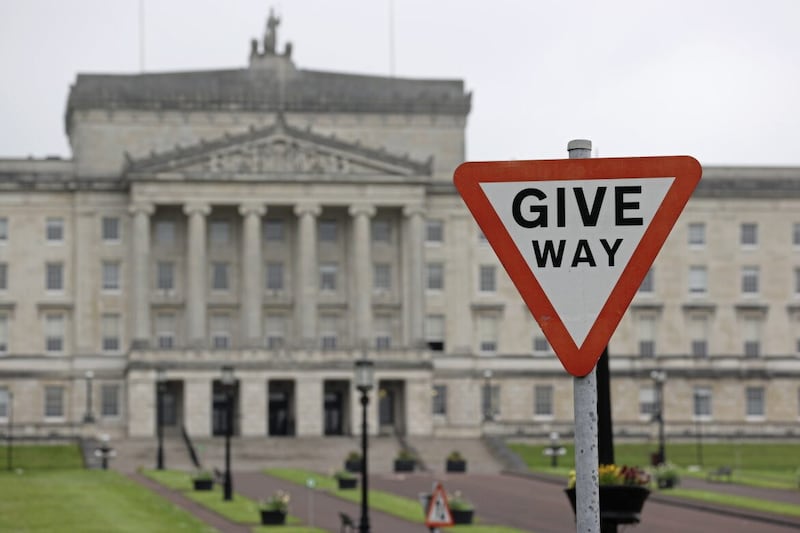THE British and Irish governments' failure to "cross every t and dot every i" may have contributed to the current impasse over the Irish language act which was in the St Andrews Agreement, according to one of its negotiators.
The Republic's former foreign minister Dermot Ahern said yesterday his side believed when the 2006 accord was signed that "the British government were including this in the agreement on the basis that the DUP were fully appraised of what was going to be included".
Mr Ahern has said he believed that an Irish language act would be created by Stormont politicians after the restoration of devolution in 2007.
He told BBC NI's Sunday Politics that, while - along with the issue of a bill of rights, an act had been pushed by the nationalist parties - "there was always an understanding that the British government agreed to an inclusion and commitment to an Irish language act".
Despite the power-sharing executive ostensibly collapsing over the handling of a botched RHI energy scheme, talks over its restoration have stalled over differences between Sinn Féin and the DUP over an act, with the former insisting it must be central to any deal.
Mr Ahern said the understanding in 2006 was that, following British government commitment to an Irish language act, "the quid pro quo would be that there would be reciprocal attention given to the whole issue of Scots-Irish".
"The following May the Assembly met and I think that because there was devolution in place, I think ultimately it was understood that the parties would then bring forward an Irish language act.
"...While the DUP would and might be able to say that they never actually signed the dotted line, there was a tacit understanding - an implicit understanding - that ultimately if they accepted the St Andrews agreement regime, they had to accept it all. Warts and all."
However, he acknowledged that there had been a lack of specific time-tabling for the legislation.
"In all these types of negotiations and agreement, you really do have to dot every i and cross every t," he said.
"Perhaps, if you could cast blame against the people that were there, including myself, we should have been a little bit more perhaps specific in relation to what should be done.
"But you know, you can only do so much for politicians and people and try and lead them. Ultimately if they are not willing to take the baton themselves, there is not a lot governments can do about it."








